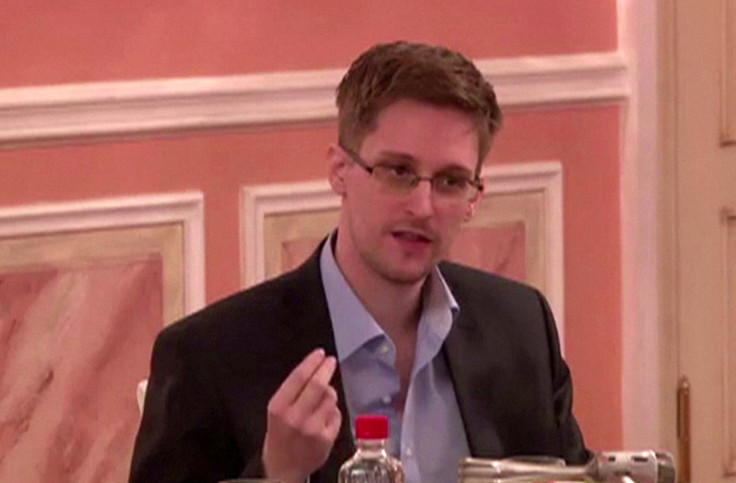Edward Snowden made 'urgent' debate leading to new UK surveillance laws

Surveillance carried out by the UK on its own citizens and others around the world must become more transparent and face tougher regulation, says a group of British intelligence chiefs and privacy experts.
Revelations of worldwide bulk surveillance made by US intelligence contractor Edward Snowden in 2013 "has had the effect of making this debate much more urgent," said Michael Clarke, director general of the Royal United Services Institute (RUSI).
"The British public are entitled to some answers following the disclosures," concludes Clarke and others, such as Lord Jonathan Evans, former director general of the security service MI5, in a new report released on 14 July. It suggests a raft of changes in UK new surveillance laws.
It is the last of three documents that will shape the UK's the new laws being set forth this September. The document will go directly to prime minister David Cameron for consideration.
"Time is of the essence," said one of the report's authors Jeffrey Rooker as the recommendations were released early Tuesday. "We need a draft bill by September with a proper bill by February."
A key recommendation is that government ministers should be allowed to sign off on surveillance warrants. But those need to be scrutinized through judicial review "checking its reasonableness and lawfulness," said Sir David Omand, an author of the report and director of the UK's signals intelligence agency GCHQ from 1996-97. The judicial review, the report directs, should take place before the warrant is carried out.

Right now UK ministers sign off on warrants and a judicial watchdog reviews just 10% of all warrants passing through the system later on.
The recommendation differs from UK independent surveillance watchdog David Anderson QC's report A Question Of Trust released in June. Anderson indicated that ministers should be cut out of signing warrants. Afterward he said that he appreciated RUSI's approach and that the government would be more likely to take it up.
"Most of the opinions that they expressed I think were very close to those ... in my own report," Anderson said. "The government has a pretty strong steer as to the direction things are going to have to go — and that's the direction of radical change."
Anderson singled out the UK's 2000 law called the Regulation of Investigatory Powers Act (RIPA) as being "patched up so many times as to make it incomprehensible" in his report. The current domestic spying laws are "undemocratic, unnecessary and – in the long run – intolerable," he wrote.
The new RUSI report agrees with Anderson that this law and others relating to domestic surveillance "should be replaced by a comprehensive new law".
The report reaches toward putting strict rules around intrusion into citizens' private lives and allowing secret evidence presented in an Investigatory Powers Tribunal to be challenged by lawyers.
Whether or not the government takes up the report's findings depends on "how determined the government is in making the judicial element work," said Clarke.
'Credibility gap'
Snowden's revelations in 2013 of programs like the UK's formerly secret Tempora program — which saves large amounts of bulk Internet data — in the Guardian and Washington Post have created a "credibility gap" between government and the public, the panel said.
In these programs, however, the group saw "no evidence that the British government knowingly acts illegally in intercepting private communications".
Yet Snowden's disclosures of the secret programs in his release of the large volumes of government documents has created a situation that "is radically different and the public has greater expectations of openness and transparency in government."
"It is not sufficient for the government to assume it has public consent for the secret parts of its work just because it had it in the past."
© Copyright IBTimes 2025. All rights reserved.






















